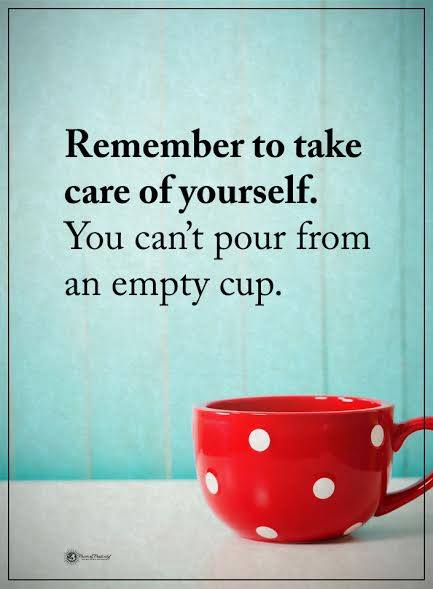New parents are always looking for more and better ways to keep their child strong and healthy. The biggest factor that any parent faces is food. What should your child be eating to make s/he grow big and strong? Obviously, there is a lot of research into healthy foods and what growing, tiny humans need to get all the nutrition that they need to be physically healthy. But what about when it comes to their little growing brains?
While there isn’t going to be a magical food that will make your child a genius overnight, there are certainly kinds of foods that kids need to help their brains develop and strengthen their cognitive abilities.
“… nutrients and food are a source of fuel for the brain. What you choose to feed your child can make a difference in the child’s learning, understanding, and memory,” says dietitian and childhood nutrition expert Jill Castle, MS, RDN.
We all know that kids are pretty picky eaters, too. So, you want to make sure the brain foods that you’re feeding them are something they’re going to want to eat! Here are the foods that parents will want to look for when shopping for their tiny human’s brain.
Here Are 5 Foods That Create Smarter Kids
“You are what you eat.” – Victor Lindlahr
1. Berries
Any new parent knows how difficult it is to get a child to eat something they don’t want. Luckily, one of the top foods that can help boost your baby’s brain functions is delicious and nutritious berries. “In general, the more intense the color, the more nutrition in the berries… The seeds from berries are also a good source of omega-3 fats,” says consultant Sarah Krieger, MPH, RD, LD/N.
Both blueberries and raspberries have compounds that can help your memory function better. A child with a strong memory will undoubtedly do better in school and life. Not only that, but berries are so yummy you won’t have a problem getting your kid to eat them.
2. Apples
Everyone already knows about the good health of apples, but not everyone knows that apples can be good for your mind as well as your body. What’s inside the apple that makes it so special? Well, it turns out that apples can help protect us from everyday chemicals that can cause damage to our brain cells.
They “contain quercetin, an antioxidant that may fight decline in mental skills,” says Anne Krueger on WebMD. If you start your kid off right with an apple a day, they’ll be able to resist the chemicals they come face to face with every day and keep a smart brain.
3. Eggs
Another food that will be easy to feed your child without any fuss; eggs are a breakfast staple, and for good reason! Researchers have found that fixing your child eggs for breakfast in the morning will give them a good, healthy serving of omega-3 acids that protect their brain and vitamin E that can help fight depression.
According to a recent study by a group of scientists, “Eggs are a good source of nutrients for growth and development. We hypothesized that introducing eggs early during complementary feeding would improve child nutrition… early introduction of eggs significantly improved growth in young children.”
Their neurotransmitters will also get a boost, so make sure you give your kid some delicious scrambled eggs every morning to start the day.
4. Cayenne Pepper
This one might be a little tricky to get your child to eat, but if your kid is a fan of chili, then you’re right on track. Cayenne pepper is full of a compound that releases the heat and makes it hot in your mouth. That very same compound, studies have found, actually also releases endorphins and allows our bodies to relax after a stressful day.
In her book ‘Eat Smart, Live Long: There Is No Diet That Can Do What Healthy Eating Can’ author Alicia Merrell states, “The active ingredient called capsaicin comes from dried hot red peppers, with superior inflammatory and antioxidant effects… Cayenne peppers have very high levels of vitamins and minerals for something so small…”
Stress can be a major strain on our minds and bodies and, yes, even kids can get stressed! Keep your kid’s head healthy and stress-free with a delicious helping of chili.
5. Dark chocolate
While much more bitter and less of a kid-friendly candy than milk chocolate, dark chocolate has its benefits if your tiny human has a taste for it. Dark chocolate is already well known for boosting our circulatory systems, giving our brains the blood flow they need to be healthy and smart.
“Consumption of milk or dark chocolate showed improved impulse control and reaction time. These findings provide support for nutrient release via chocolate consumption to enhance cognitive performance,” says associate professor of psychology, Dr. Bryan Raudenbush, in his research.
If you have a child who just can’t get enough dark chocolate, you no longer need to feel guilty about letting them have that extra sweet (as long as it is also low in added sugar), because it’ll help make them smarter in the long run.
Final thoughts
There you have it! Food is a great way to make our bodies healthy in physical and mental ways. While you think about the foods to feed your child to keep their bodies healthy, make sure you keep an eye out for the foods that will keep their brains healthy as well. Getting your kids to eat healthy foods might be a hassle, but these will be on your list of things that are kid-friendly, even for the youngest of kids.












